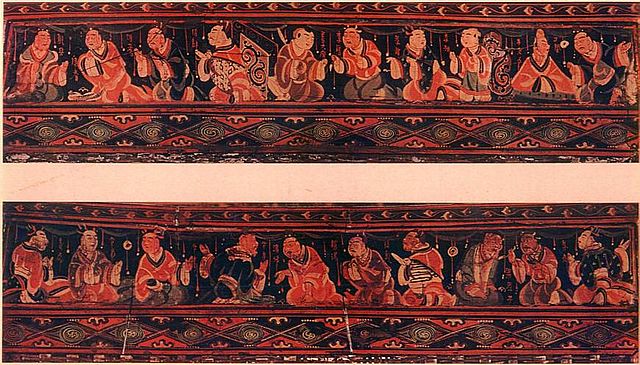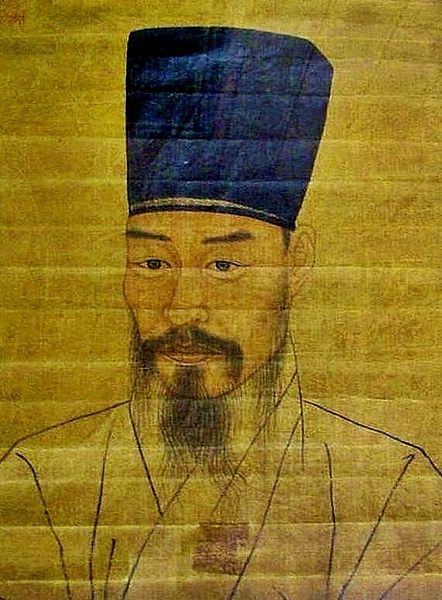Infinite photos and videos for every Wiki article ·
Find something interesting to watch in seconds
Best Campuses
Great Museums
Celebrities
Largest Palaces
Crown Jewels
Tallest Buildings
Largest Empires
Presidents
Orders and Medals
Great Cities
World Banknotes
Great Artists
Rare Coins
Supercars
Countries of the World
Famous Castles
History by Country
Animals
Ancient Marvels
British Monarchs
Richest US Counties
Recovered Treasures
Wonders of Nature
Kings of France
Sports
Wars and Battles
more top lists




